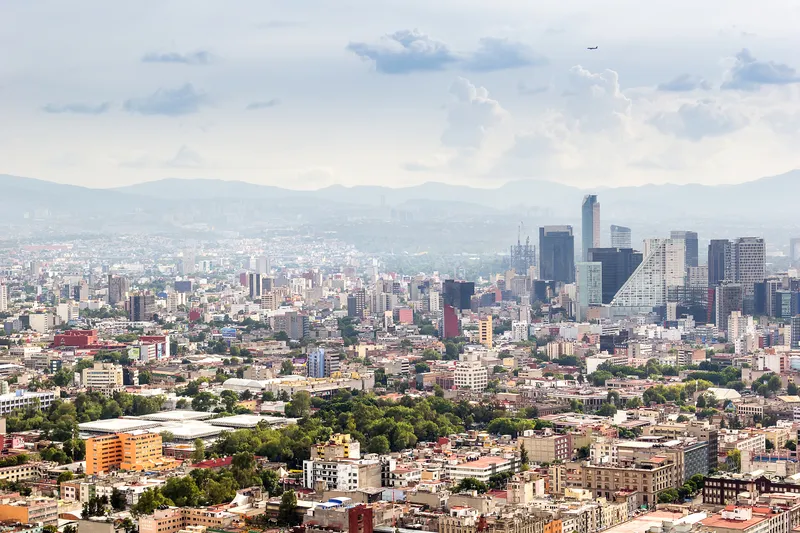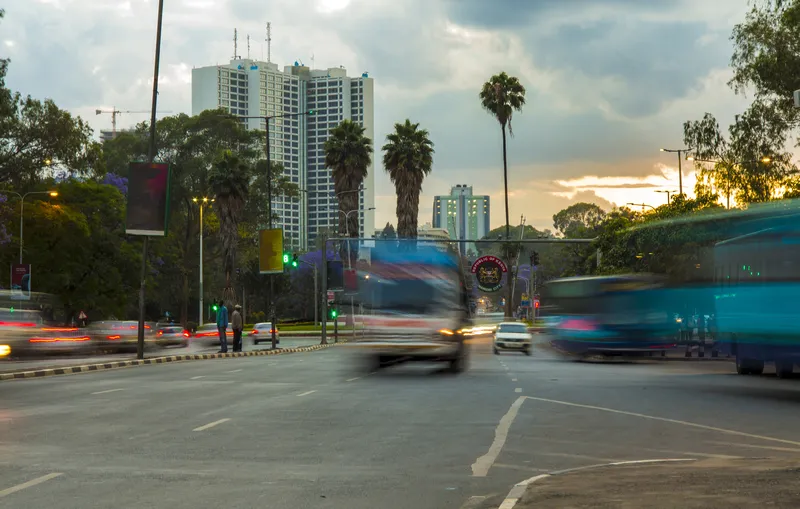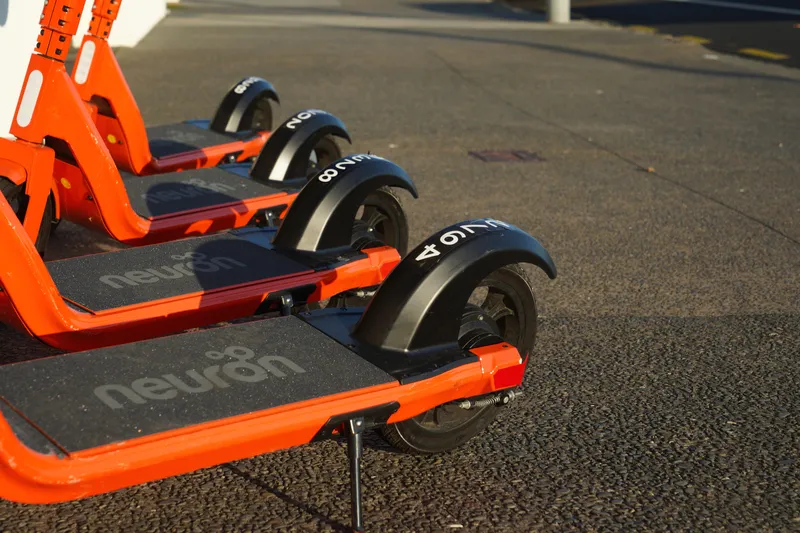
WhereIsMyTransport's Rumbo public transit app, currently available in Mexico City, will expand this year into Peru's capital, Lima.
The Android app is WhereIsMyTransport's first consumer product: the company has made its name mapping the 'informal' transport networks which are a major plank of everyday travel in Majority World megacities.
Rumbo uses the company's mobility data to be "the first in these markets to provide network information from every mode of public transport".
It has reached over 100,000 users since launching in Mexico City in November 2020 and WhereIsMyTransport plans to launch Rumbo in other emerging-market megacities after Lima.
In a statement the company says of these markets: "80% of commuters use modes with flexible routes and timetables, poorly covered by other apps. Rumbo addresses these challenges."
It delivers alerts and journey alternatives from all modes of public transport—over 2,400 routes in Mexico City—with local teams managing an up-to-the-minute alerts service, informed by 24/7 social listening.
“The launch of Rumbo is a milestone for WhereIsMyTransport," says CEO and co-founder Devin de Vries.
"Helping people understand digitally invisible public transport has always been our mission. Supporting commuters with this information, first-hand and for the first time, is a defining moment for helping people in the Majority World get where they need to go,”
WhereIsMyTransport has completed the second funding round in its Series A Extension, raising an extra $14.5 million.










